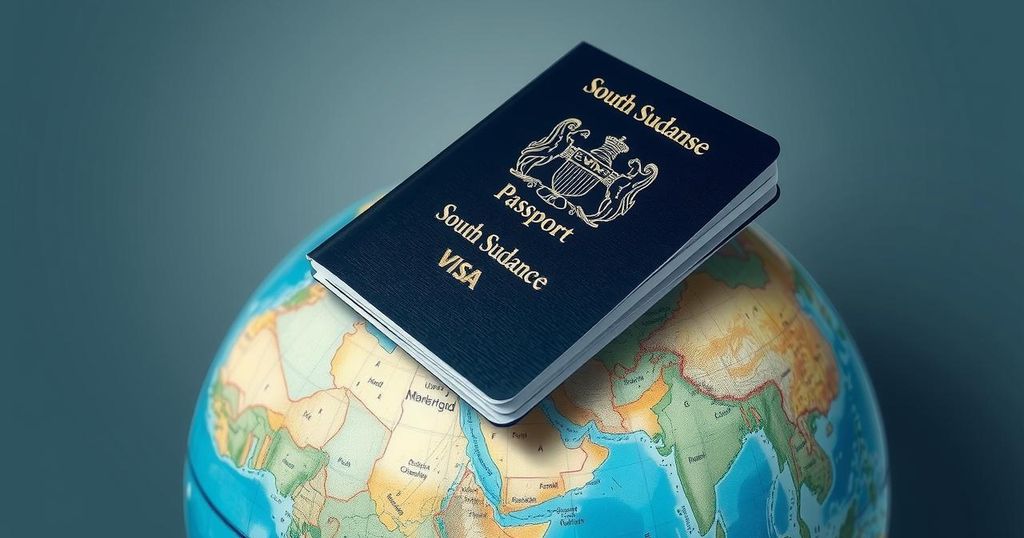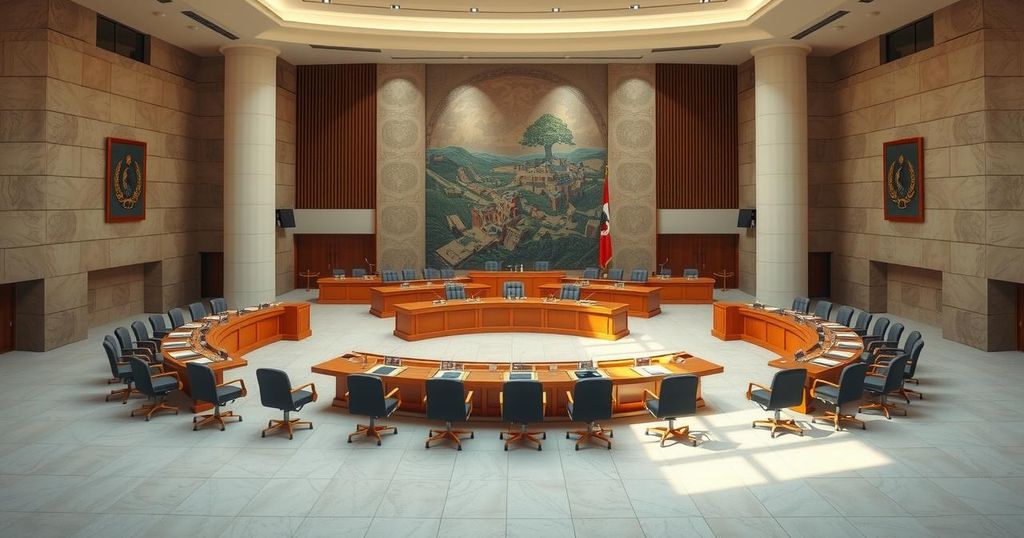This week, significant developments in peace efforts were noted: South Sudan arrests military officials threatening a peace agreement, Ukraine’s Zelensky expressed readiness for peace with Russia contingent on reciprocal actions, and Kurram district in Pakistan witnesses protests demanding road reopenings.
This week, various significant events unfolded regarding global peace efforts. In South Sudan, the recent arrests of military officials raise concerns about the stability of the peace agreement, while President Zelensky of Ukraine expresses the nation’s willingness to pursue peace contingent upon reciprocal actions from Russia. Additionally, protesters in Pakistan’s Kurram district are demanding the reopening of roads, highlighting continued unrest in the region.
On March 5, the spokesperson for South Sudan’s First Vice President Riek Machar, Puok Both Baluang, confirmed the arrest of Oil Minister Puot Kang Chol and senior military officials allied with Machar. Following accusations of conspiracy from President Salva Kiir against Machar, the nation has struggled with instability despite a 2018 peace deal that aimed to end a devastating civil war. Ongoing tensions and the recent arrests jeopardize the fragile peace, with another spokesperson noting the risk these actions pose to the agreement.
Ukrainian President Voldymyr Zelensky stated on March 4 that Ukraine is prepared to initiate peace steps if Russia reciprocates. In a post on X, he outlined initial measures, including prisoner exchanges and a ceasefire for civilian infrastructure. Even amidst tensions with the United States regarding military aid, Zelensky acknowledges U.S. support and is slated to meet with U.S. officials in Saudi Arabia to discuss cooperation, emphasizing that any peace deal must involve Ukrainian participation.
In Pakistan’s Kurram district, demonstrations have continued for four days, with residents calling for the reopening of roads that have been closed for five months. The Chief Minister’s commitment to peace has not quelled local unrest, with protesters threatening to expand their actions unless their needs are met. The urgent requirement for aid remains critical, as one trade union leader highlighted the dire need for supplies following violent outbreaks in recent months.
Overall, these developments in South Sudan, Ukraine, and Pakistan illustrate the complexities of peace negotiations and the challenges faced by nations striving for stability amid ongoing conflicts. It is imperative for involved parties to engage constructively to mitigate tensions and promote lasting peace.
In summary, the recent events in South Sudan, Ukraine, and Pakistan underscore the ongoing challenges in achieving peace. The instability following the arrests in South Sudan poses risks to the delicate peace agreement, while Zelensky’s conditional offer for steps toward peace highlights the importance of dialogue with Russia. Meanwhile, the protests in Pakistan’s Kurram district reflect the local struggles for relief and stability, emphasizing the need for sustained efforts in conflict resolution across these regions.
Original Source: peacenews.com




